Here are two of my latest reviews for The Bookseller‘s online book magazine, We Love This Book:
Hannah Michell, The Defections (2014)
 Hannah Michell’s first novel is a tale of secrets and desire at a meeting-point of cultures.
Hannah Michell’s first novel is a tale of secrets and desire at a meeting-point of cultures.
Mia Kim is a translator at the British embassy in Seoul; she’s been able o work there despite her uncle’s history of political activism, and knows that in some ways she is still on shaky ground – her uncle now runs a school for North Korean defectors. Mia is infatuated with the new counsellor, Thomas Dalton-Ellis, whom she puts in her debt when she hides the evidence that he caused. The two embark on an affair, but then Thomas is given the assignment of running a discreet check on Mia background to see if anything might compromise her integrity – and Mia learns that one of her uncle’s young defectors, may be passing messages over the border…
The Defections is partly a novel of the past refusing to let go of, or threatening to catch up with, its characters: Thomas left his previous posting in Vietnam under a cloud; Mia’s uncle’s activities may affect her current position, of course, but she’s also haunted by never knowing the English mother, of whom she is reminded whenever she looks in the mirror. These stories combine to create a nicely complex background, and you never quite know which detail the plot will turn on next.
Much of the pleasure of reading The Defections comes from seeing the different plotlines play off against each other, as a perfectly explicable detail from one character’s viewpoint becomes open to misinterpretation when seen from another. We also see how easily the personal may slide into the political for these individuals. Michell has created an engaging novel which leaves the reader intrigued to see what she will write next.
(Original review)
Deborah Kay Davies, Reasons She Goes to the Woods (2014)
 Deborah Kay Davies’s second novel chronicles, in a series of fragments, the ordinary and extraordinary moments of one girl’s childhood.
Deborah Kay Davies’s second novel chronicles, in a series of fragments, the ordinary and extraordinary moments of one girl’s childhood.
Right from the beginning, Pearl is acutely aware of sensations: the rising and falling of her sleeping father’s chest; the feel of mud on her hands after she has been playing with worms; the sunlight and water of her beloved woods. The short, disconnected chapters (vignettes, almost) in which Davies writes reflect the intensity of Pearl’s experiences – place, action and emotion – are evoked vividly.
The Pearl depicted in these snapshots of her life is an ambivalent character: she can be cruel (she calls her younger brother “the Blob”, and often treats him with the contempt that implies), but she also has a strong capacity for love and friendship – when she lets people into her life. As the novel progresses we start to see more of the contours of Pearl’s world: the difficulties in her family life and suggestions that she may not perceive life in quite the way we had thought.
The full extent of this is revealed subtly: the tone of Davies’s prose and the closeness to Pearl’s viewpoint give Reasons She Goes to the Woods a slightly unreal quality, with a touch of the folktale. It’s up to the reader to tease out the reality of Pearl’s life (and to decide what ‘reality’ means in this context). We end up with a rounded, complex portrait of growing-up that has an atmosphere all of its own.
(Original review)
***
On the subject of We Love This Book, I must congratulate my fellow blogger (and Eleanor Catton fan) Anna James from A Case for Books, who is starting a new job at the end of this month as The Bookseller‘s books and media editor. So: congratulations, Anna!
Like this:
Like Loading...
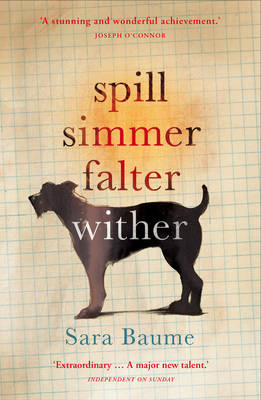
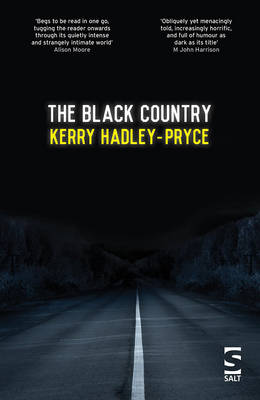



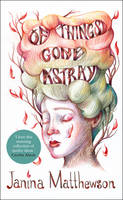
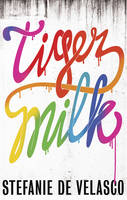

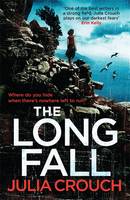
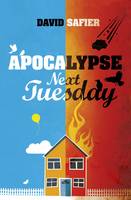
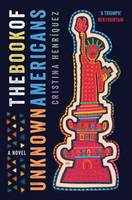
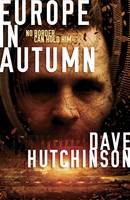



Recent Comments